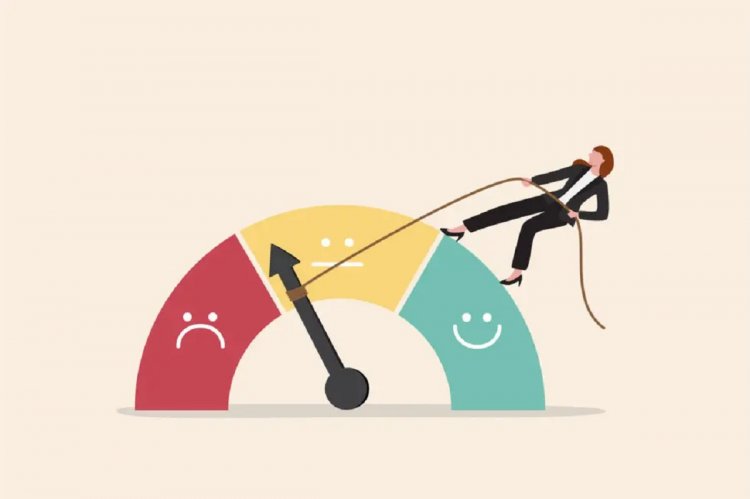Establishing good credit – or bad credit for that matter – doesn’t happen overnight. But taking actionable steps now can help improve credit scores. First things first, however: Find out your current credit score.
AnnualCreditReport.com provides free credit reports by request. The three major credit report bureaus – Experian, TransUnion, and Equifax – also offer copies of your credit report. Spreading those requests out over a year eliminates the need to wait a full 12 months to see how the credit score is shaping up.
Al Bloir, a consultant with First Command Financial Services suggested that self-examining finances is a “critical” first step.
“Be open and honest with your spending,” said Blair, a 24-year Air Force veteran. “Keep a detailed log for a month and track your spending. You will be surprised at how much you spend and where you are spending that money. The log doesn’t lie, and this will give you a clear indication of where the spending problems are.”
With credit score and spending habits in mind, experts suggest the following tips for improvement:
1. Keep credit cards open
Bloir and his colleagues at First Command Financial Services recommend keeping credit cards open – even they aren’t being used. It’s good to keep it open and inactive because that will be used when factoring your credit score.
“Even if there’s no activity on the card, there won’t be any negative numbers associated with it either, which would result in a lower credit score,” he said.
2. ‘Stop the bleeding’
Bloir also suggested addressing late payments.
“If you are consistently making late payments, you need to stop the bleeding ASAP,” he said. “If nothing else, make a partial payment even if it’s nominal; that still demonstrates you are taking care of your bills.”
3. Consider free services
Experian Boost is another option to assist consumers with poor to fair credit scores, or no credit history at all. This free service, which began in 2019, factors in utility bills, phone payments, and even items like Netflix accounts, which could help increase credit scores.
These type of payments normally are not included when calculating a credit score. However, including these regular payments as part of your payment history offers more opportunity for improving credit scores – if those bills are paid on time.
4. Make more-than-monthly payments
Merriman, an investment advisory firm, urges consumers to pay bills on time, every time. Also, pay bills every two weeks as opposed to monthly. At this rate, interest will be reduced over time, while demonstrating that you are a dependable borrower.
5. Read credit score literature
To further gain an understanding of the credit scoring process and the overarching credit system, Bloir suggested reading John R. Ulzheimer’s “You’re Nothing but a Number – Why achieving great credit scores should be on your list of wealth building strategies.”
Adam Levin, former director of the New Jersey Division of Consumer Affairs writes in the book’s forward: “John Ulzheimer spent six years at Equifax, seven years at Fair Isaac (FICO) and a significant number of years educating consumers to help themselves, through articles, interviews and teaching.
“I strongly recommend that everyone begin at the beginning. Learn as much as possible about the system; what affects your credit score, and how to quickly and intelligently rebuild and/ or enhance your score. You need to discover how the folks who give you credit keep score.”
What’s in a credit score?
Financial website Investopedia defines a credit score as a single numerical grade of creditworthiness ranging from 300-850. The higher the number, the better the score. This number is derived from the credit report, which is a detailed record of one’s financial history. It contains a comprehensive list of your credit history, which affects the credit score.










































